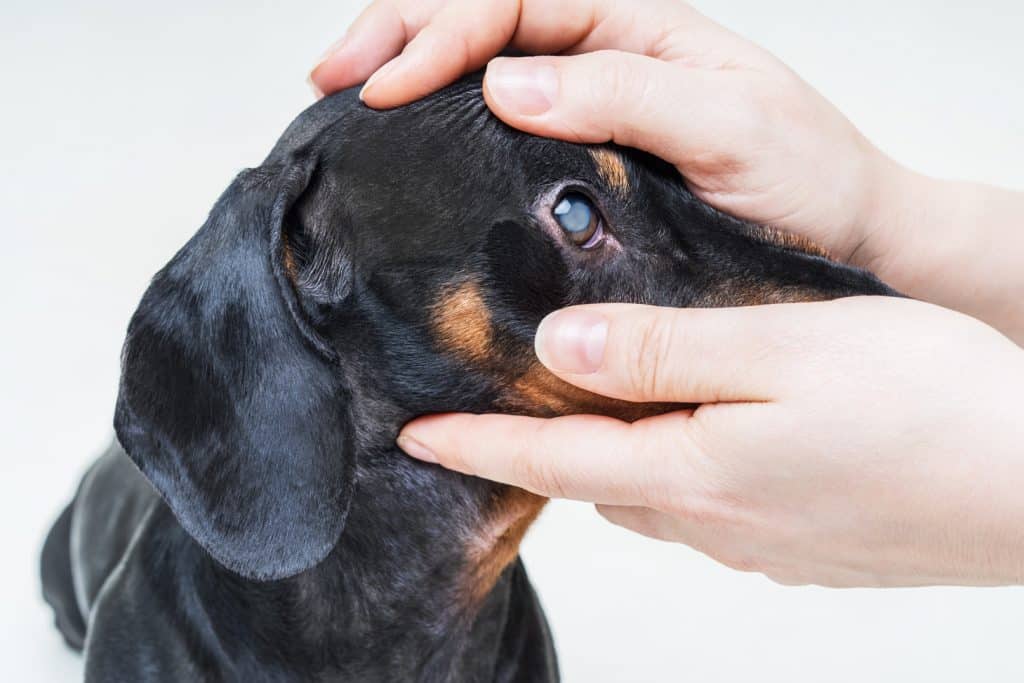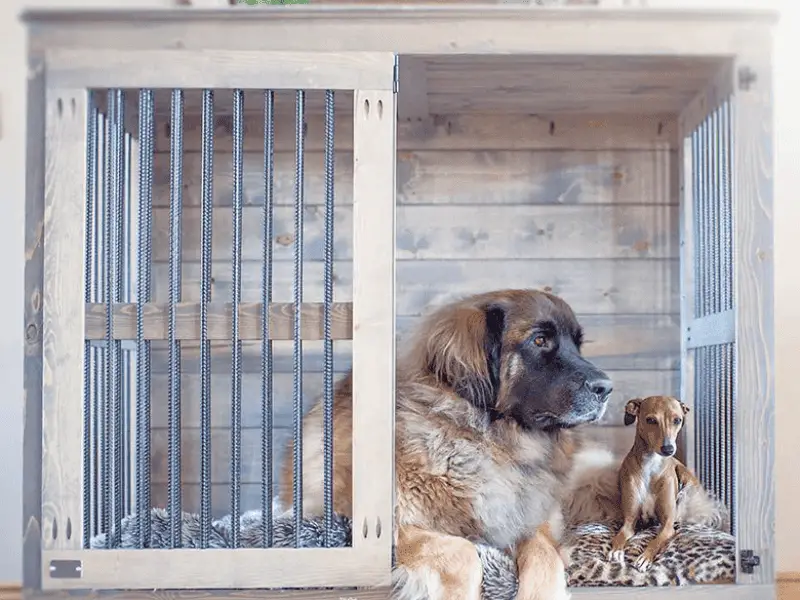Ever notice that your dog’s eyes are beginning to look somewhat cloudy? It is possible that it developing cataracts. Unfortunately, not all pet owners may be familiar with what cataracts are, how they form, and cataract surgery for dogs.

So, we’re going to do you a solid and help break down what you need to know about cataracts and cataract surgery for dogs.
What Are Cataracts?
A cataract is an eye condition that causes cloudiness and opacity within your canine’s eye lens. It prevents light from entering their eyes properly and causes blurred vision to dogs, much like it would in humans.
Ageing, trauma and other health issues like diabetes are most the common causes of cataracts in dogs.
Genetics also plays a big part in whether or not your little one develops cataracts. Here are a few examples of dog breeds that may be susceptible to developing cataracts:
- Siberian Husky
- Golden Retriever
- Yorkshire Terrier
- Poodle
- Labrador
Want to know if your pooch is predisposed to cataracts and other health conditions? A dog DNA test can help! Click here to see our reviews of the best dog DNA test kits!
What Is The Treatment For Cataracts?
If you believe that your canine may be developing cataracts, we strongly recommend that you bring them to a vet immediately because it could lead to blindness if left untreated.
The only way to treat cataracts is through cataract surgery for dogs. The process basically involves surgically removing the compromised lens and implanting an artificial one to restore your dog’s degrading vision.
Dogs with cataracts will go through a series of thorough tests and clinical evaluations to determine if they can be a candidate for cataract surgery for dogs. This is because any form of surgical procedure comes with its own risks. And while complications relating to cataract surgery are rare, if your dog has an already pre-existing eye condition, this may compromise the chances of a successful surgery.
DOGSIZED Recommended!
BEST RECOVERY COLLARS FOR DOGS!
How Long Will They Take To Recover From The Surgery?
Cataract surgery for dogs has a high success rate. In most cases, dogs regain their vision immediately after recovering from the surgery and fully heal in about two weeks.
Throughout that period, they will also have to wear a cone and be kept on a leash during walks. They will also be given some oral medications and eye drops to help speed healing and prevent complications
Even if your pooch doesn’t have cataracts, you should still take them to their bi-annual veterinary visits to make sure that they’re not showing any signs of cataracts or other ailments. After all, your best chances of keeping your dog healthy, happy and pain-free comes down to early diagnosis!







